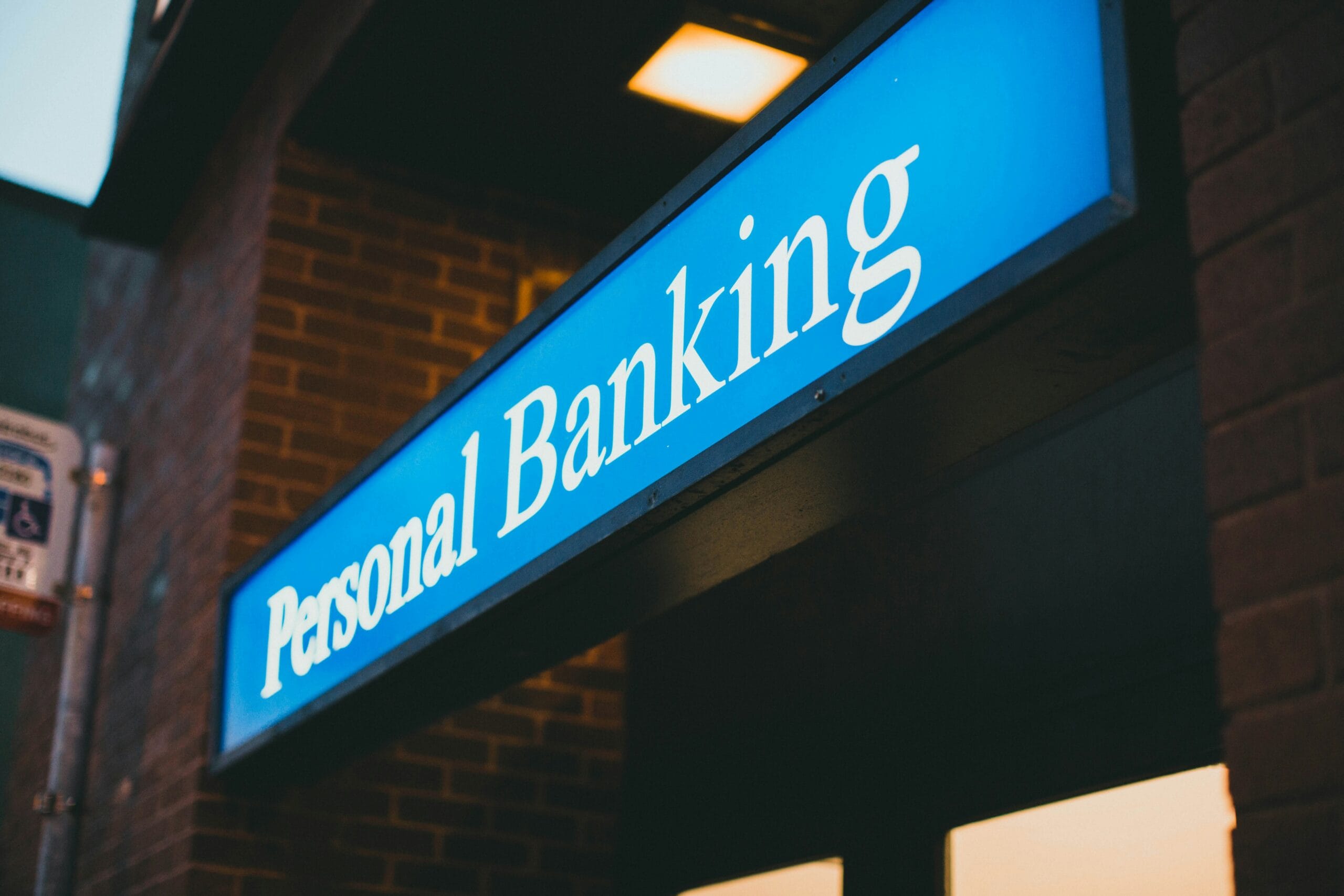Personal Loan
Understanding Personal Loan Debt: What You Need to Know
What is Personal Loan Debt?
Personal loan debt refers to money borrowed from banks, credit unions, or online lenders that must be repaid in fixed monthly installments. Unlike secured loans (such as mortgages or auto loans), most personal loans are unsecured, meaning they do not require collateral. Borrowers use personal loans for a variety of expenses, including debt consolidation, home improvements, medical bills, and major purchases.
How Personal Loans Work
Application Process: Borrowers apply for a personal loan by submitting proof of income, credit history, and other financial details.
Approval and Disbursement: If approved, the lender provides a lump sum amount that must be repaid over a specified term (usually 12 to 84 months).
Fixed Monthly Payments: Borrowers repay the loan in equal installments, which include both principal and interest.
Interest Rates: The Annual Percentage Rate (APR) varies based on creditworthiness, typically ranging from 5% to 36%.

Common Uses for Personal Loans
- Debt Consolidation: Paying off high-interest credit cards or payday loans.
- Medical Expenses: Covering unexpected healthcare costs.
- Home Improvement: Renovations or repairs to increase property value.
- Major Purchases: Buying appliances, furniture, or funding a wedding.
- Emergency Expenses: Covering urgent costs when savings are insufficient.

Risks of Personal Loan Debt
High Interest for Low Credit Scores: Borrowers with poor credit may face interest rates above 25%, making repayment costly.
Potential for Over-Borrowing: Easy access to funds can lead to unnecessary debt accumulation.
Impact on Credit Score: Late or missed payments can lower credit scores and make future borrowing more expensive.
Origination Fees & Prepayment Penalties: Some lenders charge upfront fees or penalties for paying off the loan early.

Legal Protections for Borrowers
Consumers have certain legal protections when taking out personal loans:
Truth in Lending Act (TILA): Lenders must disclose all fees, interest rates, and repayment terms before finalizing the loan.
Fair Debt Collection Practices Act (FDCPA): Protects borrowers from harassment and unfair collection practices.
Equal Credit Opportunity Act (ECOA): Prohibits discrimination in lending based on race, gender, or other protected characteristics.

How to Manage Personal Loan Debt Effectively
Create a Repayment Plan: Budget your monthly payments to avoid missed deadlines.
Consider Refinancing: If interest rates drop or your credit improves, refinancing can lower your payments.
Avoid Taking Multiple Loans: Managing multiple debts can become overwhelming.
Pay More Than the Minimum: Extra payments reduce interest costs and shorten the repayment period.
Seek Professional Help: Credit counseling services can provide guidance on managing debt responsibly.

Alternatives to Personal Loans
0% APR Credit Cards: Useful for short-term financing with promotional interest-free periods.
Home Equity Loans: Lower interest rates for homeowners but require collateral.
Peer-to-Peer Lending: Borrowing from individual investors through online platforms.
Emergency Savings Fund: Planning ahead can reduce the need for borrowing.

Conclusion
Personal loan debt can be a valuable financial tool when used wisely, but it requires careful planning to avoid unnecessary financial strain. Understanding interest rates, repayment terms, and legal protections can help borrowers make informed decisions. If you need legal assistance regarding personal loan debt, contact our law firm today for expert advice and support.

